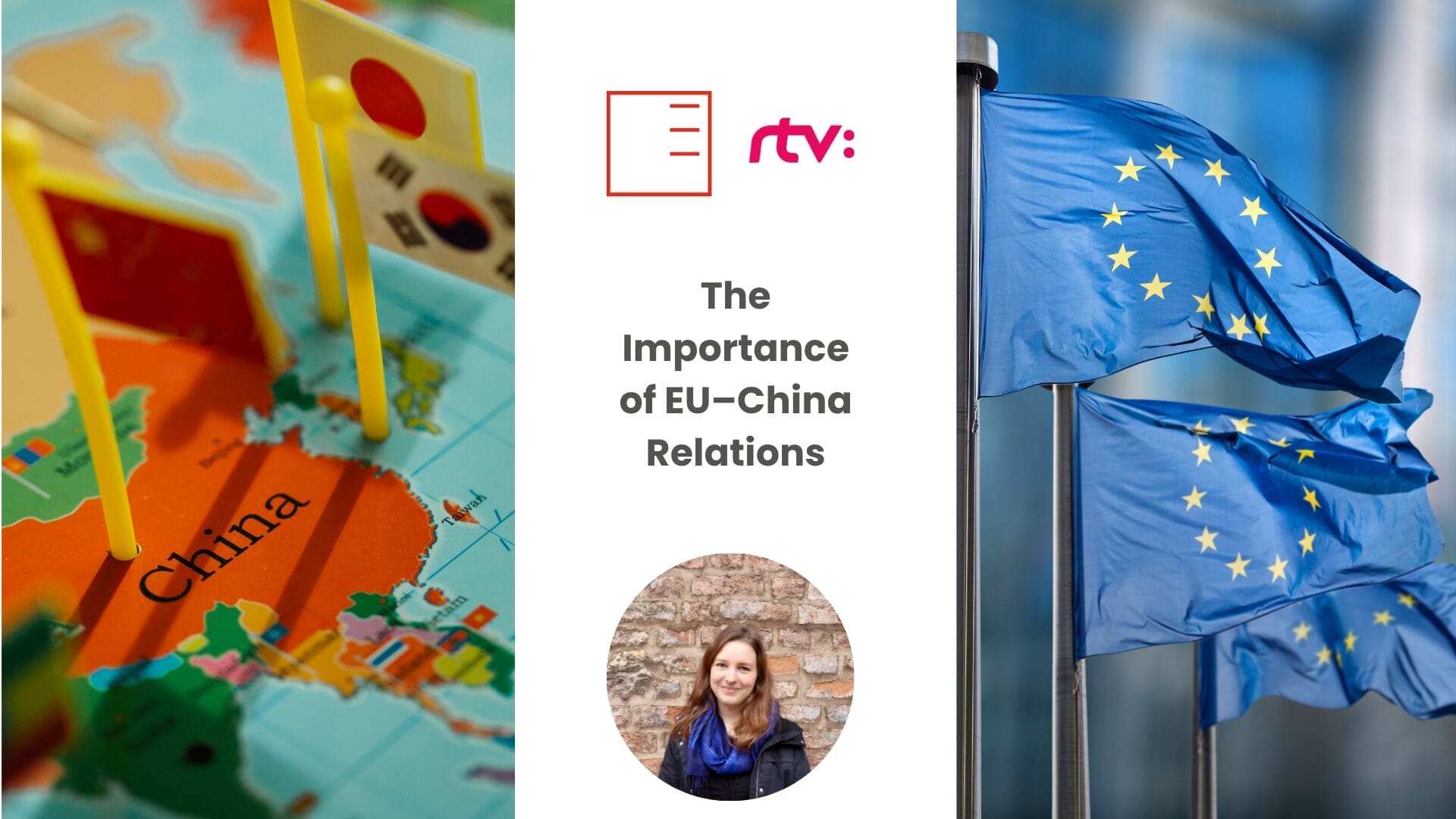The Good, the Bad and the Ugly: Chinese influence in the Western Balkans

- With the past export-led economic growth that has gradually become a tool of Chinese soft power, China showcased globally a powerful and inviting policy of economic power in action, and investment-seeking countries (especially from the Western Balkans) are willing to show their eagerness towards Chinese loans and capital. On the reverse side, China presents itself as an equally eager investor and can be counted on in all situations, including when Chinese investors picked up projects declined by the EU.
- This paper suggests that the impact of Chinese influence in the Western Balkans is paradoxical: Beijing seems to benefit from EU-led convergence towards political stability (in order to increase its opportunities to implement its economic agenda), whilst Chinese eager pockets result in a divergence from EU criteria and an undermining of EU membership prospects for the recipients.
The case of the Chinese investment in Kostolac B illustrates that a strategic political motivation is to be found behind the investments in energy infrastructure – Serbia, otherwise relying on pricey Russian gas, saw the offer as an indeed attractive alternative.
Such lack of transparency, which is required by EU-led investments but often omitted by Chinese-led investments, opens the way for corruption and opposes progress in a region that is already stumbling when trying to develop a functioning market economy – one of the crucial criteria for joining the EU.
The preference of effectiveness when it comes to implementing the agreed projects goes hand in hand with China's ability to find partners for its endeavors in the Western Balkans. In other words, it focuses on the quick implementation of projects, which does not positively influence the progress of individual countries on their path to the EU.
Such ambition is reflected in the Chinese goal of strengthening trade and investment globally, by creating the beginning of a common trading zone and the axis of cooperative states towards Beijing. This would have the effect of focusing the international community’s attention towards milder issues of trade, rather than towards a more structured political strategy.
Taking into account the role of the viable and effortless alternative that China wants to portray in the region, this paper concludes that precedents of indirect support of local corruption networks as well as the undermining of market-based principles of investment activity have already been established, and are likely to reoccur in the future.
Download the publication through the PDF on the right of this article.




